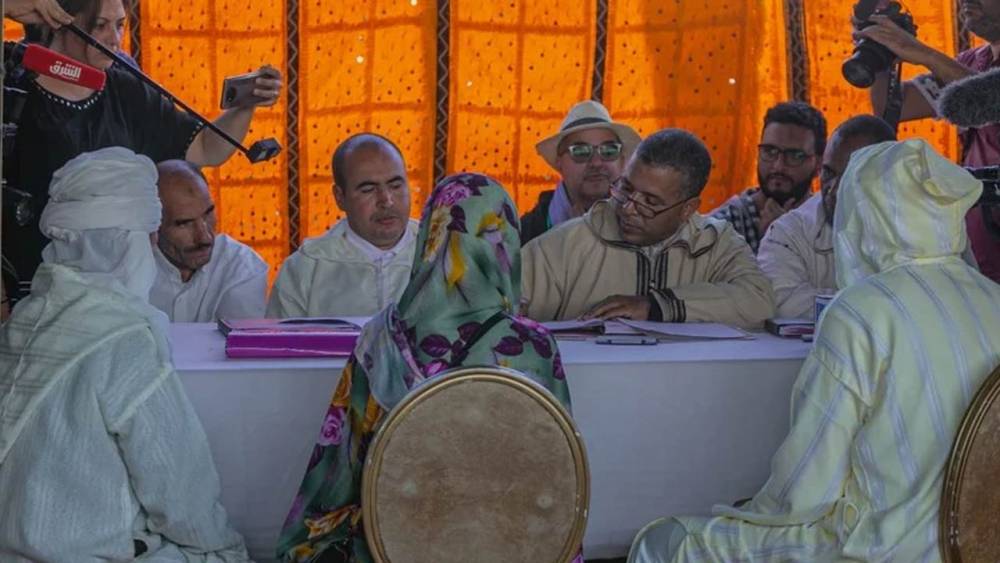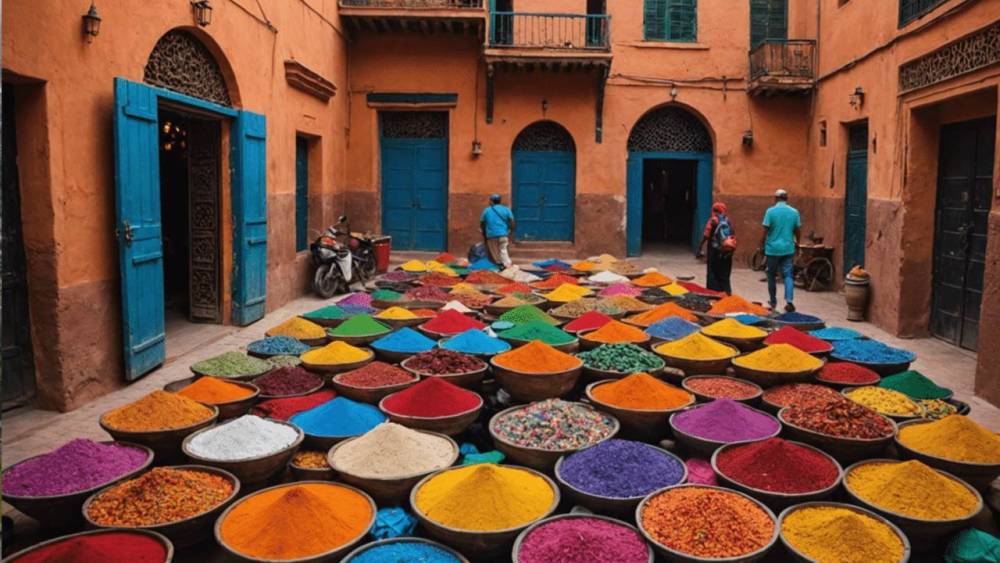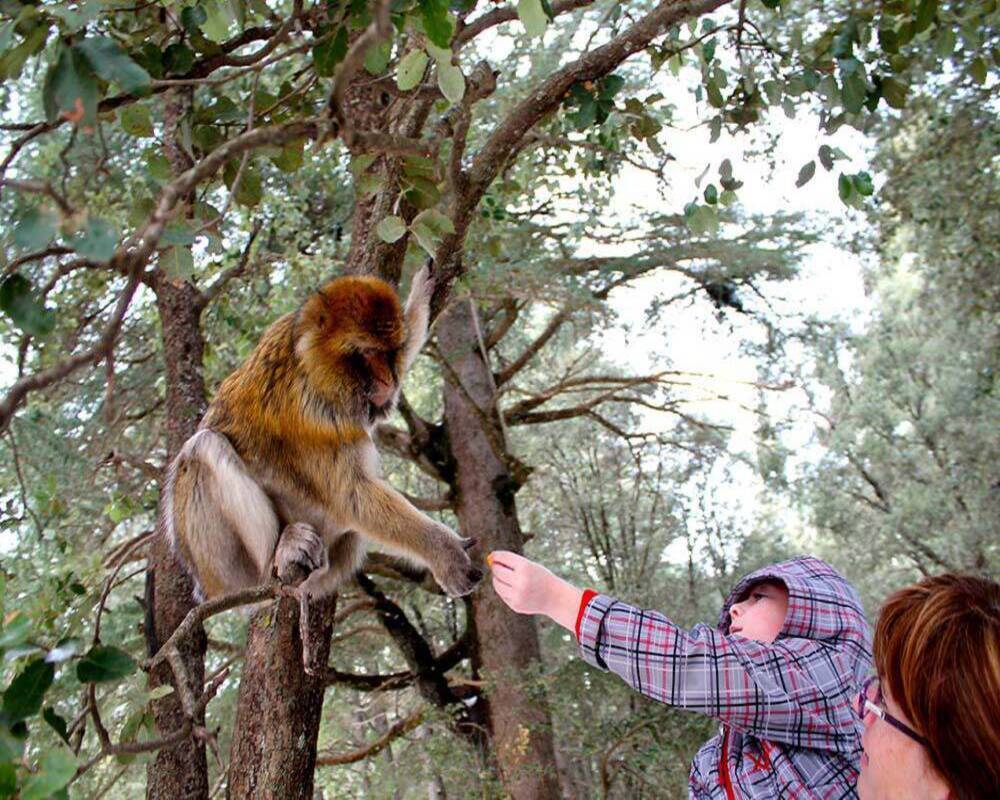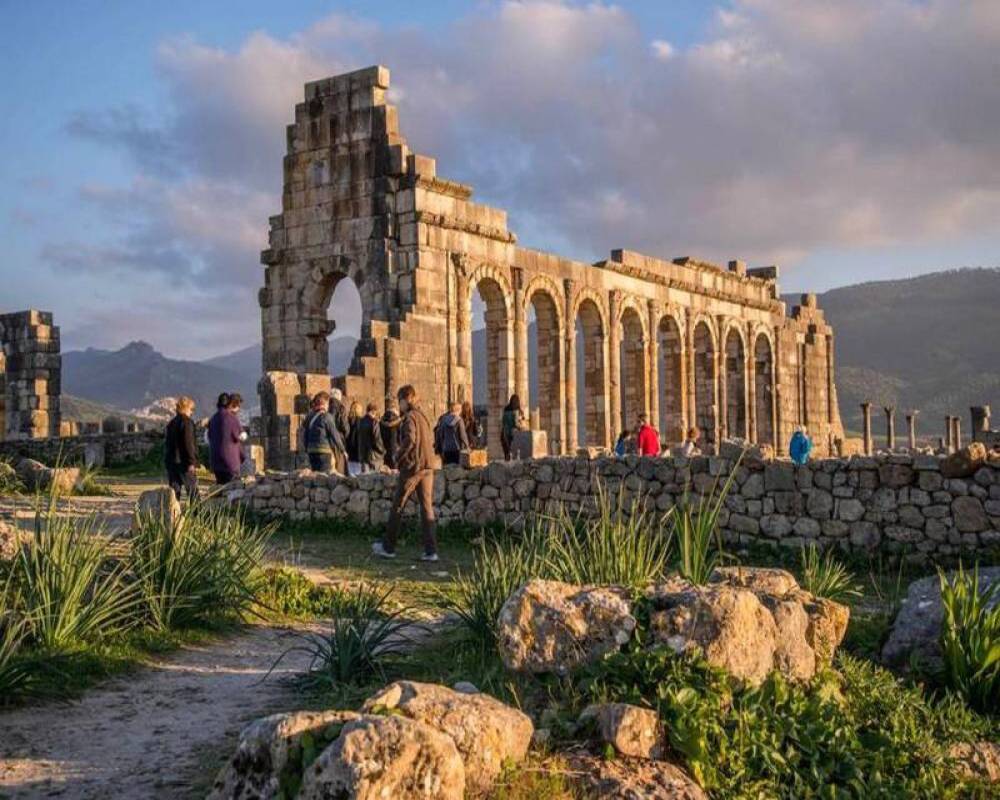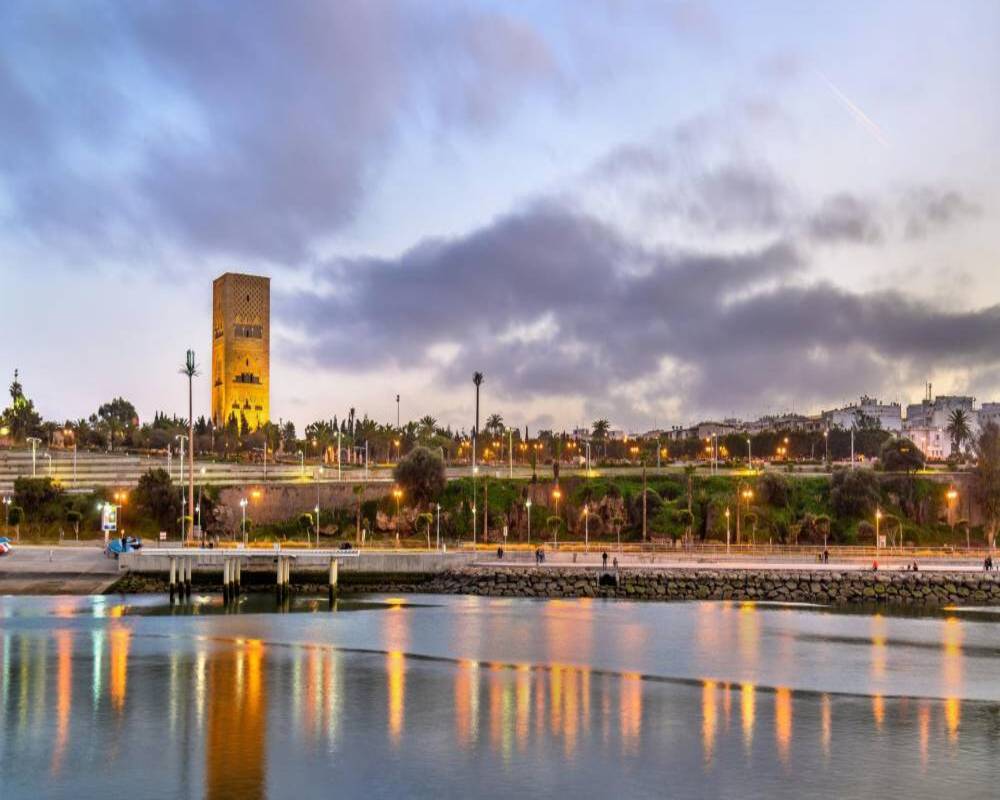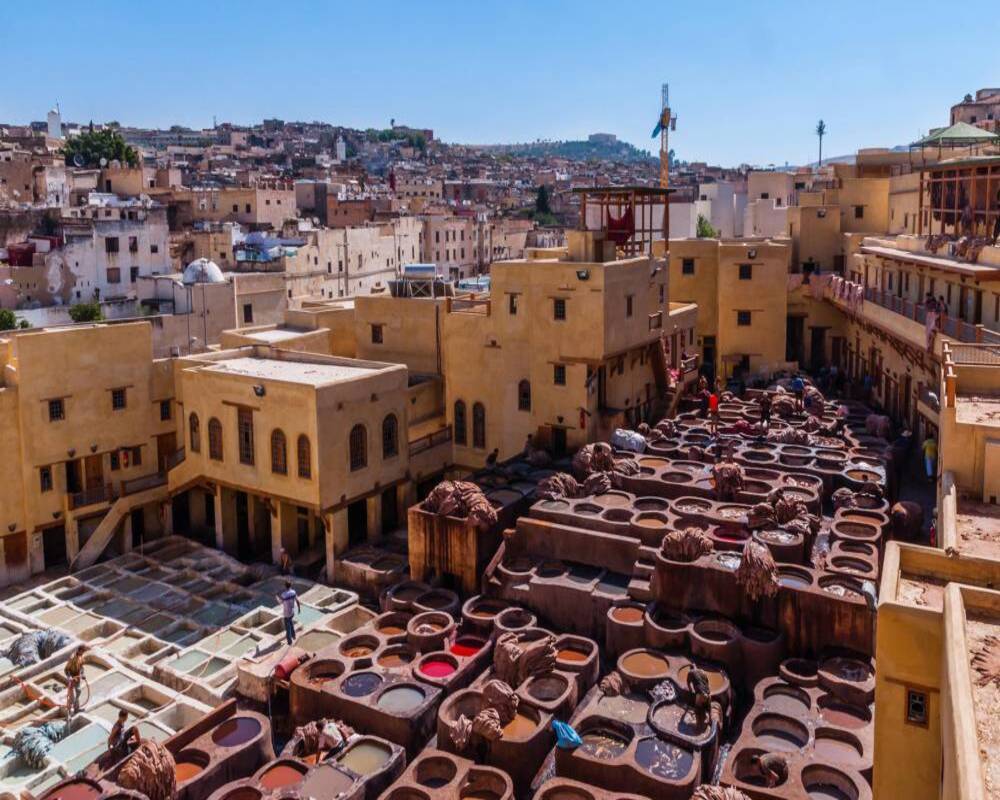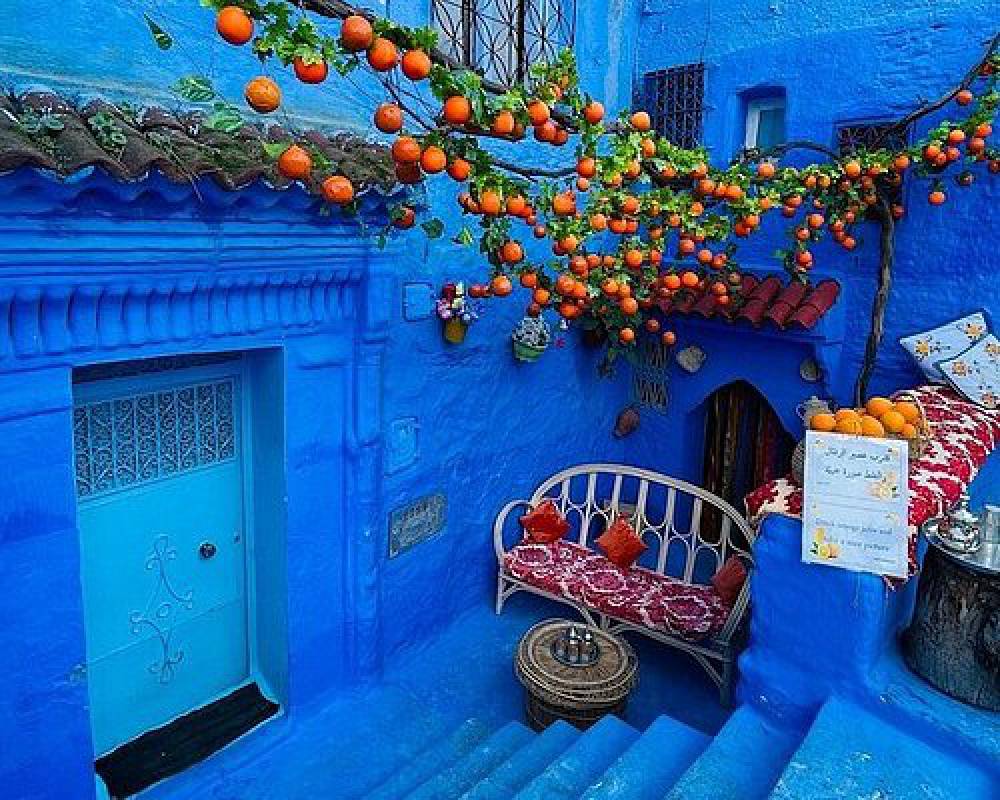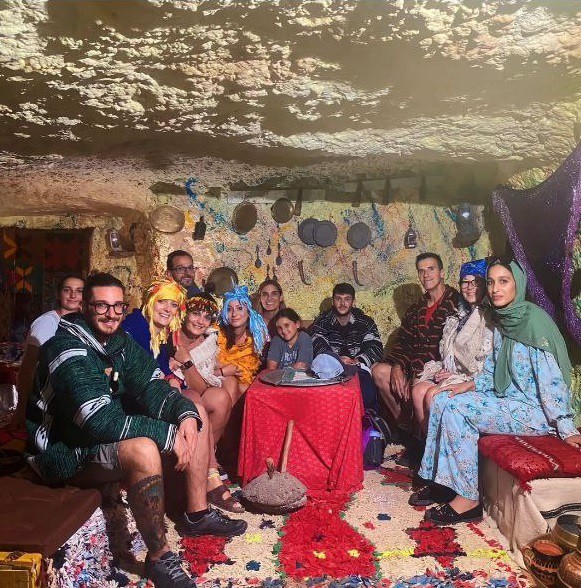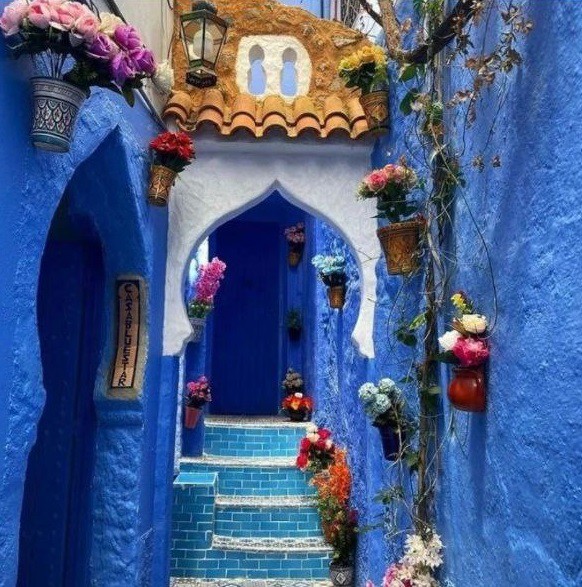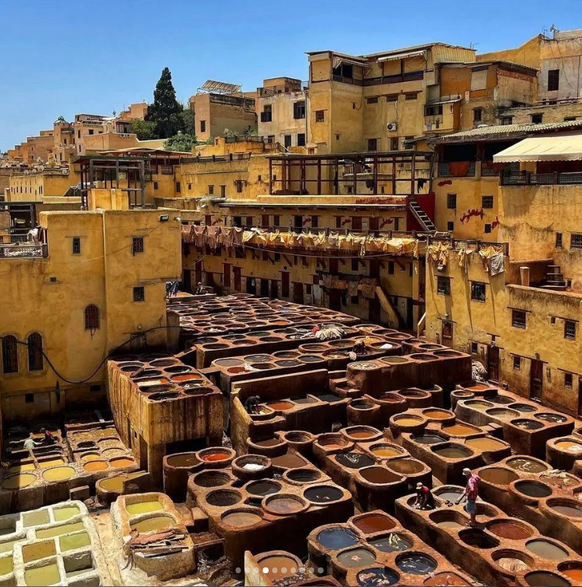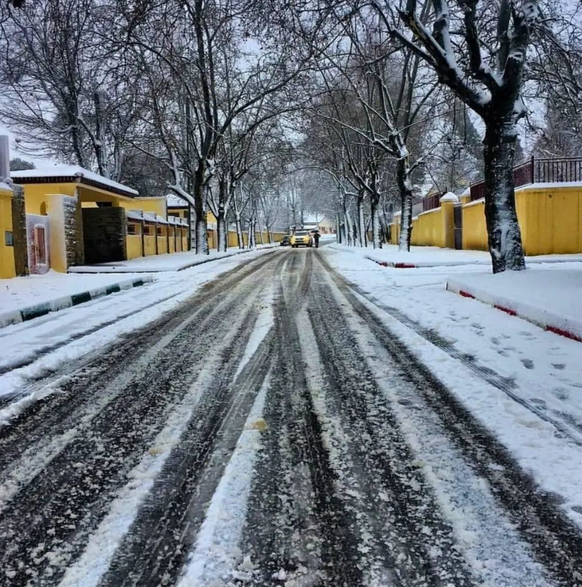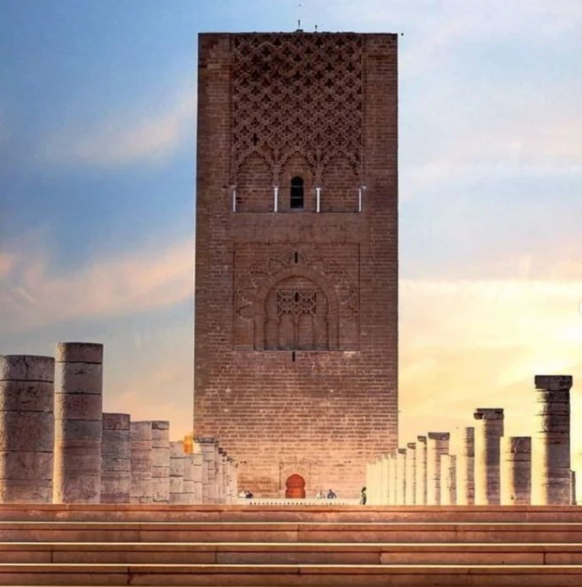A Culinary Journey Through Moroccan Cuisine
Moroccan cuisine is summed up with rich flavors and aromatic spices, the sensory delight of evocation replicates this pulsating culture. From the busy souks to personal space in the riad, Morocco's culinary scene weaves together a tapestry of influences, techniques, and ingredients that narrate stories of diversity in heritage.
The Heart of Moroccan Cuisine.. Savory Delights
Tagines: Symbol of Moroccan Gastronomy
A tagine may certainly be referred to as a typical Moroccan dish, which is a slow-cooked stew helping its origin from the earthenware pot in which it is prepared.
Characterization of these dishes would be tender meats, robust spicing, and vegetable medleys. The ingredients blend in with the cooking process of a tagine, and the result is just a rich and generous sauce.
It could be lamb tagine with prunes and almonds or chicken with preserved lemons and olives, each version evoking a unique taste reminiscent of the great land of culinary talent—Morocco.
Couscous: A Staple with a Twist
Whereas couscous is usually regarded as Morocco's national dish, it is much more—it is the centerpiece of Moroccan meals. Couscous itself consists of steamed durum wheat semolina generally served with a stew containing meat and vegetables.
The fluffy grains of couscous absorb the flavors of the accompanying broth, making each dish at one time both hearty and satisfying. Traditional Moroccan couscous dishes can be flavored with several spices and nuts or dried fruits to offer sublimity in each bite.
Sweet Temptations: Moroccan Pastries and Desserts
Light Pastry Confections
The Moroccan flair for the sweet comes altogether different in its pastries. Of these, the most popular are **baklava**, **chebakia**, and **almond briouats**. The Baklava—with its layers of filo pastry filled with nuts and drowned in honey syrup—achieves an ideal textural contrast between crisp and sweet.
Chebakia is a deep-fried dough, fashioned into intricate patterns, coated with sesame seeds, and honey—essentially a Ramadan staple. Another sweet delicacy, almond briouats, are crispy pastries filled with almond paste and flavored with orange blossom water, providing a delicate and aromatic finish to any meal.
Mint Tea: The Quintessential Moroccan Beverage
It would be incomplete to experience the culinary sojourn through Morocco and not have the **Moroccan mint tea**. Known locally as **"Moroccan whiskey,"** this sweet and refreshing drink consists of green tea combined with fresh mint leaves and generous helpings of sugar.
In Morocco, mint tea really is more than just something to quench a thirst; it's a sign of hospitality offered to visitors numerous times throughout the day. In addition to flavor enhancement, pouring the tea from a height into small glasses is part of the artistry in the ritual of Moroccan tea culture.
Immersive Culinary Experiences
Cooking Classes: A Hands-on Adventure
To take a cooking class is the opportunity for an immersive look at Moroccan cuisine. Companies like 3T Travel provide culinary tours that will take one on an immersive journey with Moroccan cooking methods and customs. Participants can learn to prepare most classical dishes with experienced chefs, from tagines and couscous to pastries.
Many of these classes start early in the morning with a visit to the local market to choose fresh spices, and ingredients, and learn about quality and authenticity—two major components of Moroccan cuisine.
Traditional Riad Lunch
A meal in a traditional **riad**—a historic Moroccan house with an interior garden—provides this kind of intimate dining experience. The riads are serene, the atmosphere allowing one to savor the meals without the hassle of the streets.
The ambiance of a riad—meticulously worked tilework, courtyards full of greenery, and soothing fountains, all combine to elevate the flavors of the cuisine to make every dining experience unforgettable.
Discover Moroccan Cuisine with 3T Travel
3T Travel is one of the prime travel companies that offers its best in making your experiences in Morocco enduring ones. Their culinary tours are specifically designed to meet travelers who want a real taste of Moroccan cuisine, banded with cultural and historical insight.
On any 3T Travel tour, one gets to visit all the main food markets, learn about the secrets of Moroccan cuisine, and enjoy meals in some of the finest traditional settings.
One of the real highlights of what 3T Travel offers is the cooking classes, where you get the opportunity to go hands-on with the culinary traditions that exist here.
These sessions are not only instructive but also very funny, bringing people even closer to the culture of Morocco through its food. With expert guidance, travelers easily reproduce at home their favorite Moroccan dishes, so the taste of their journey stays on even long after the trip is over.
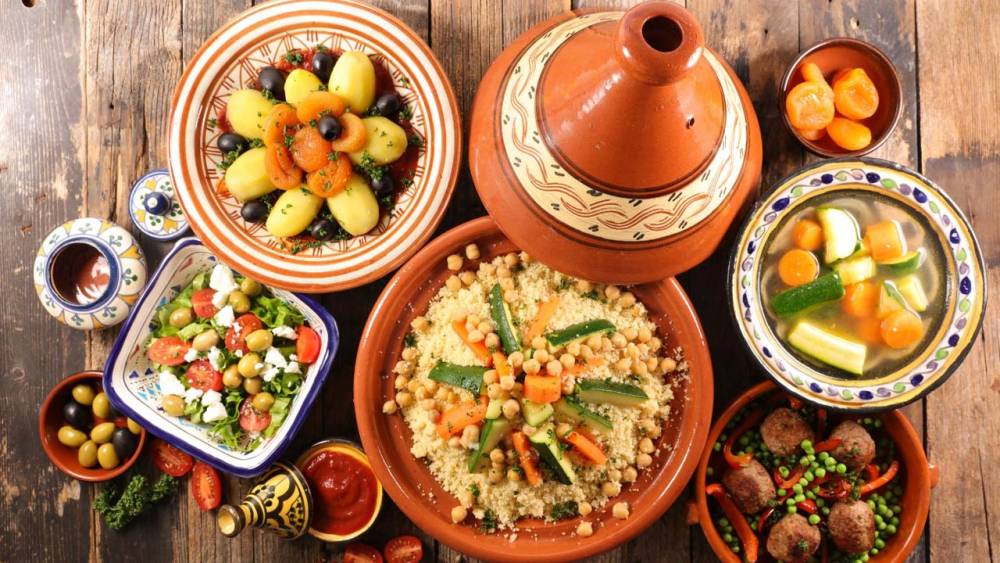
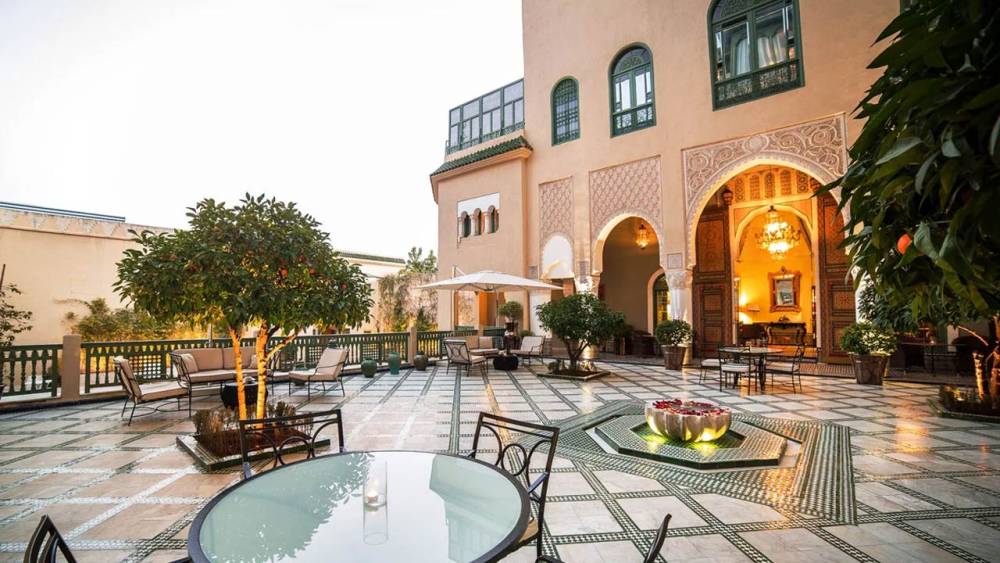
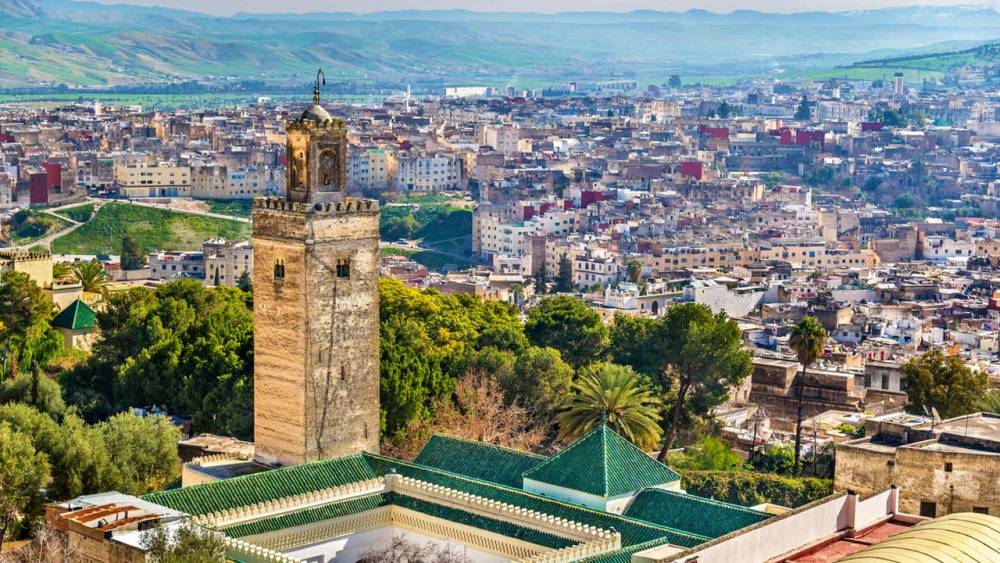
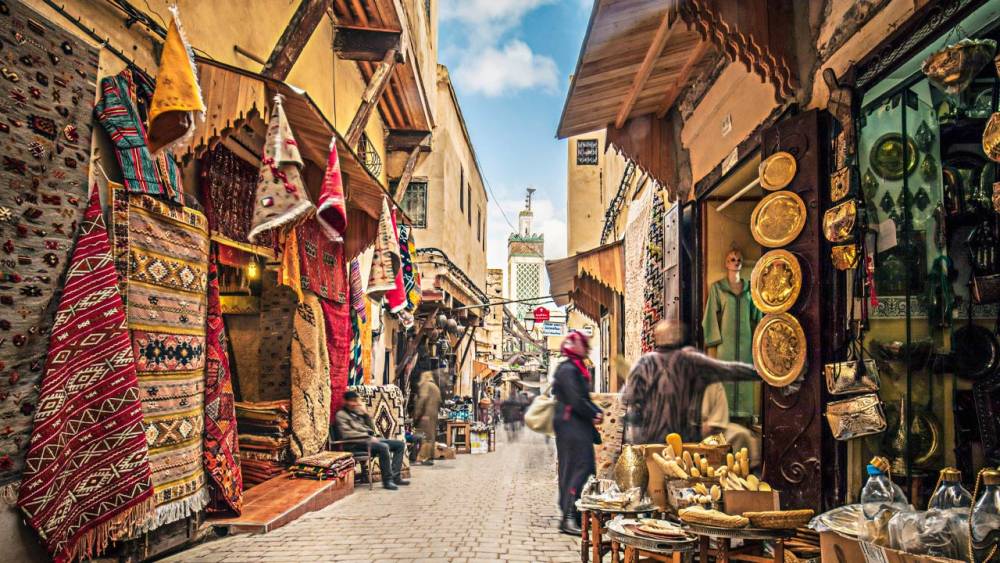
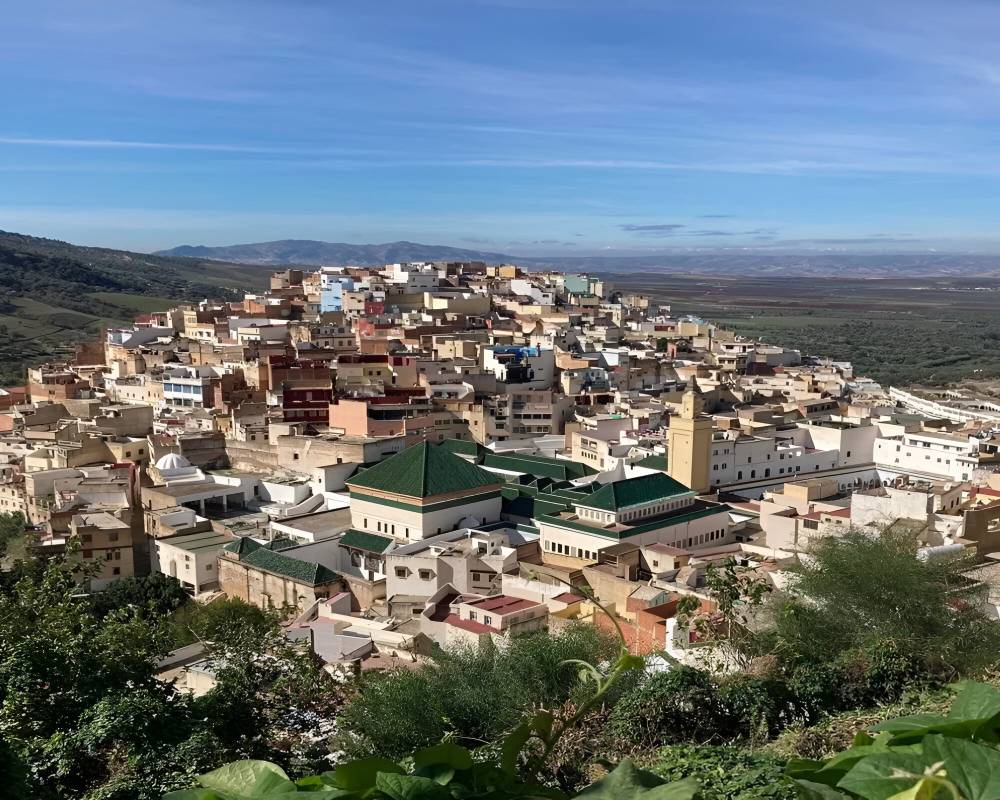
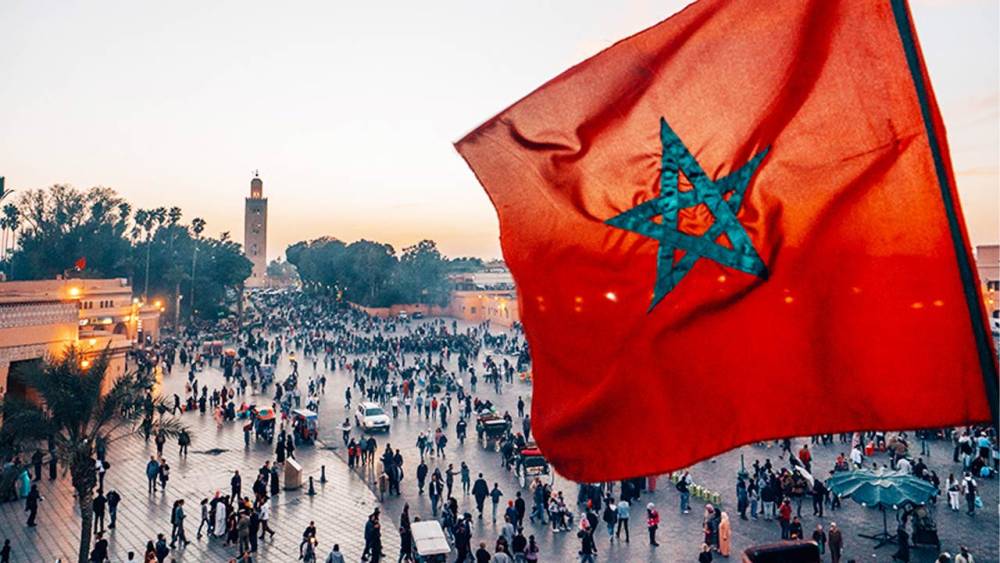
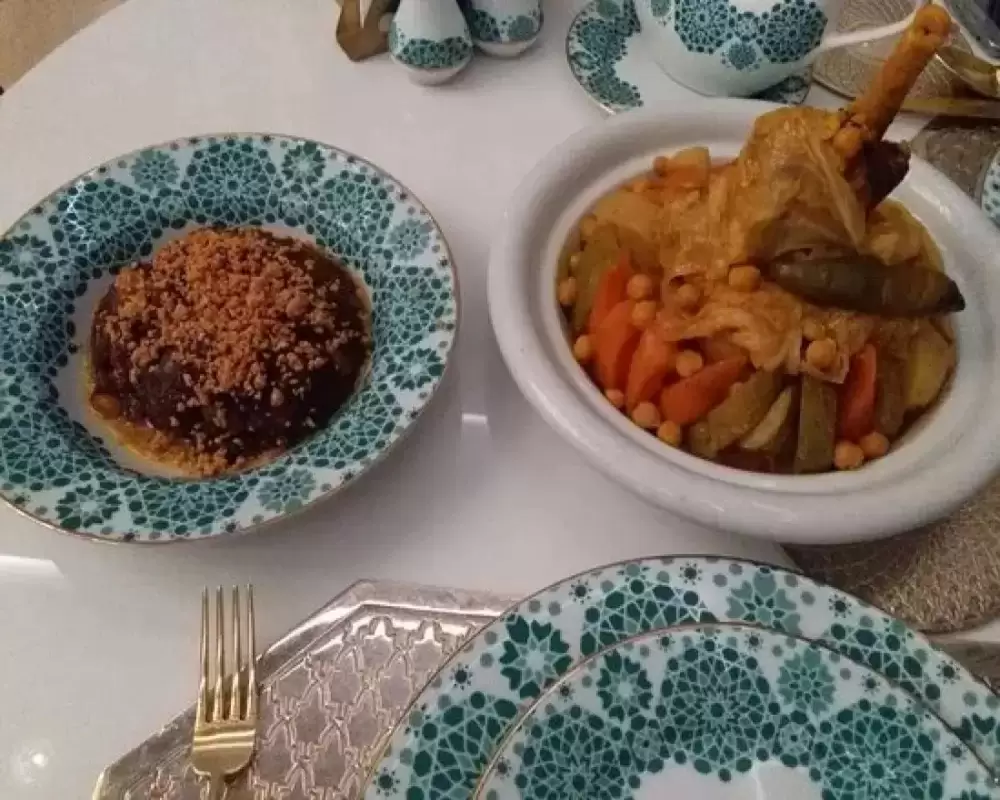
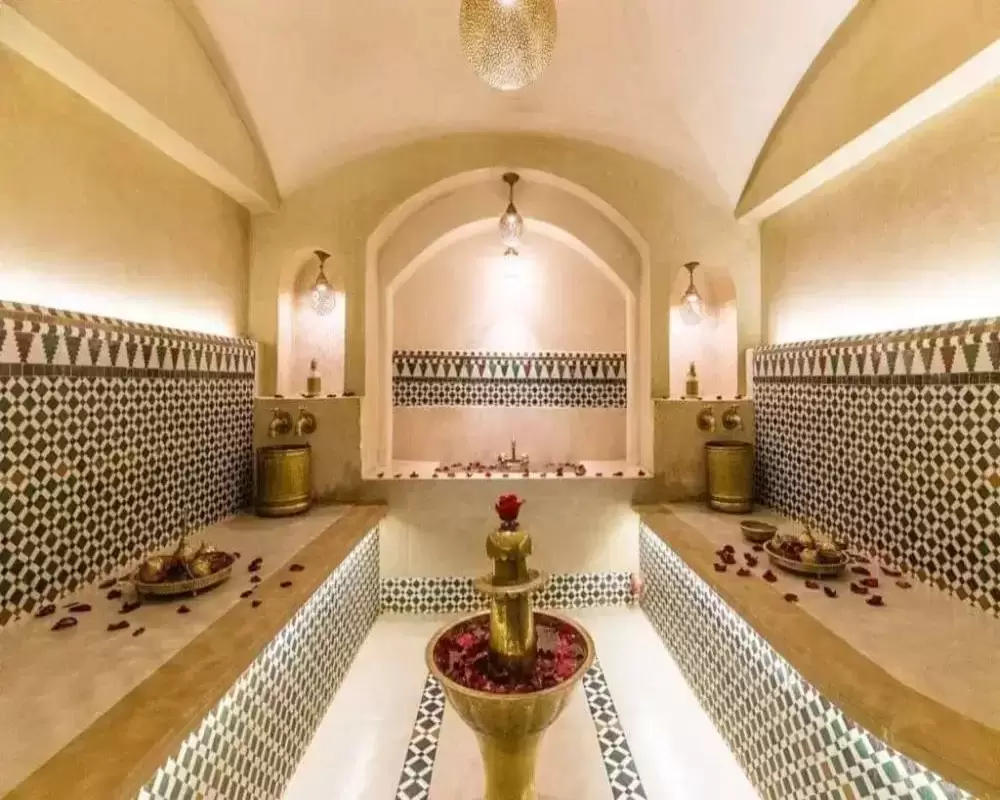
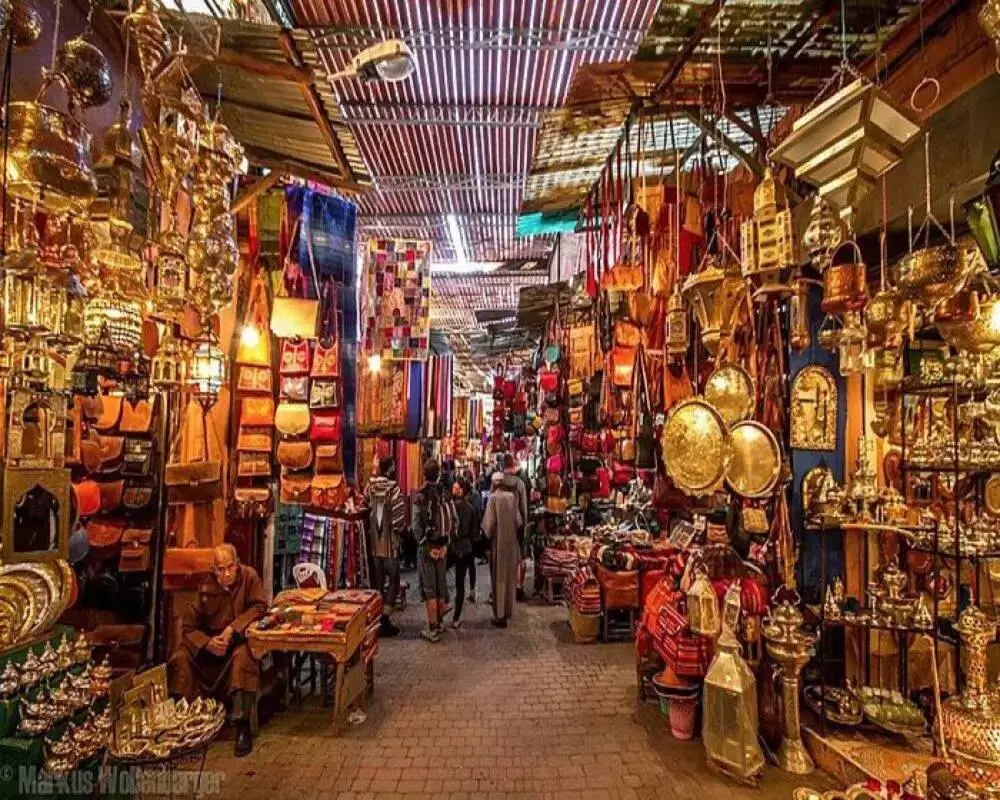
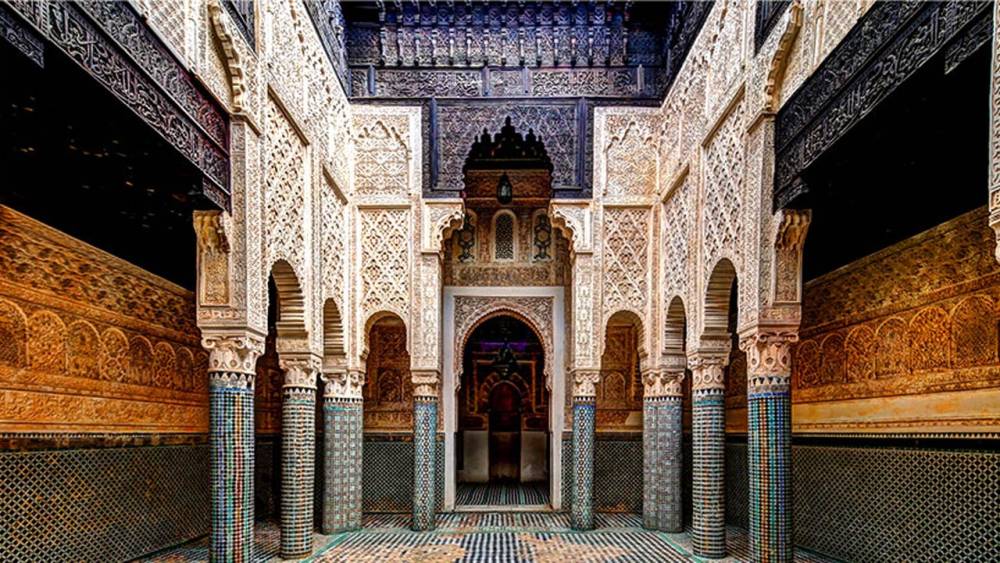
 3T-Travel
3T-Travel

